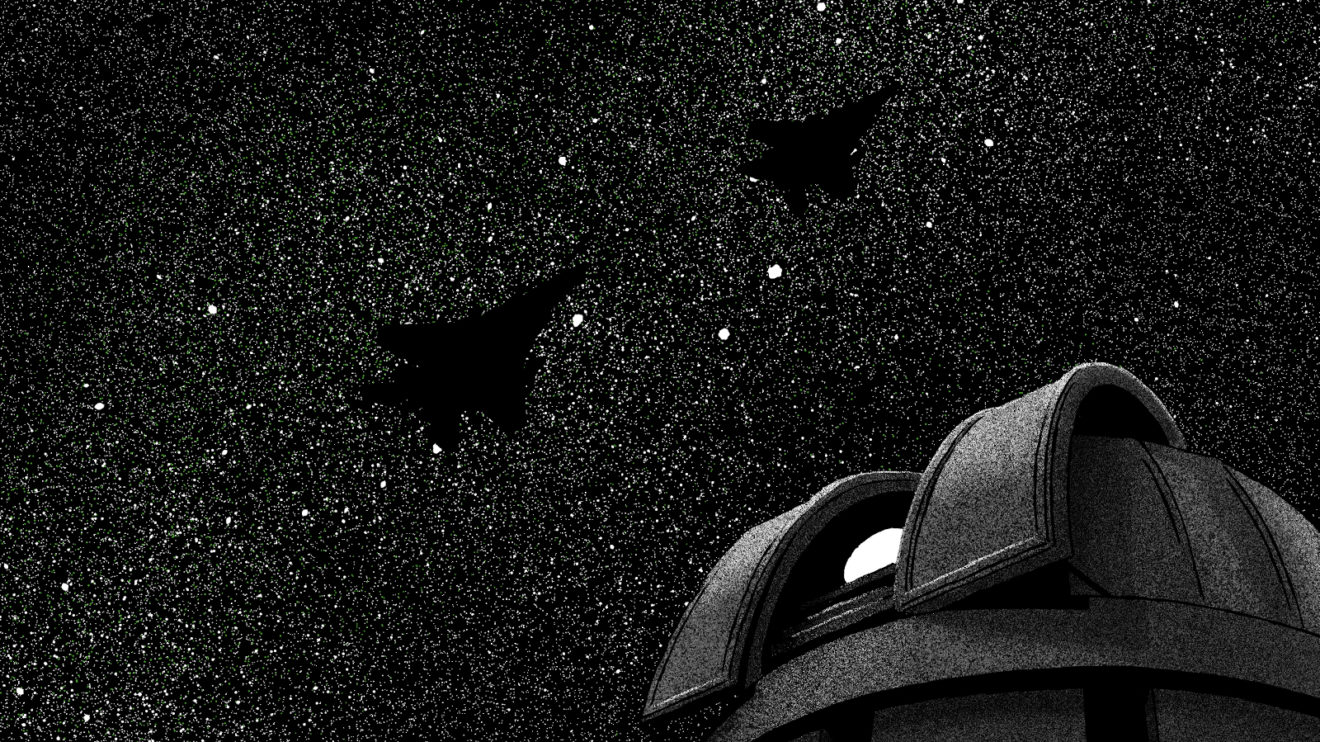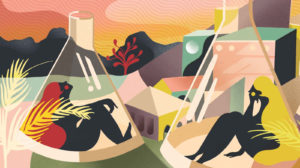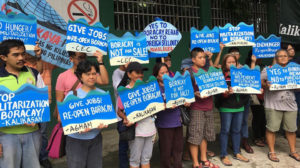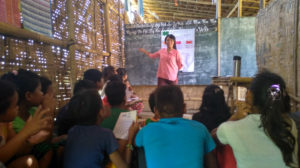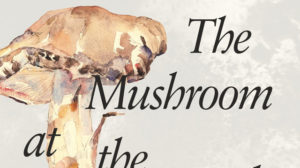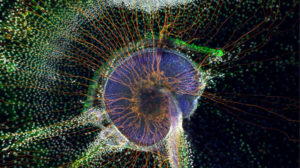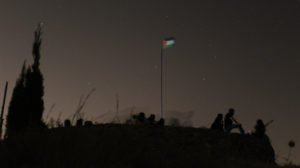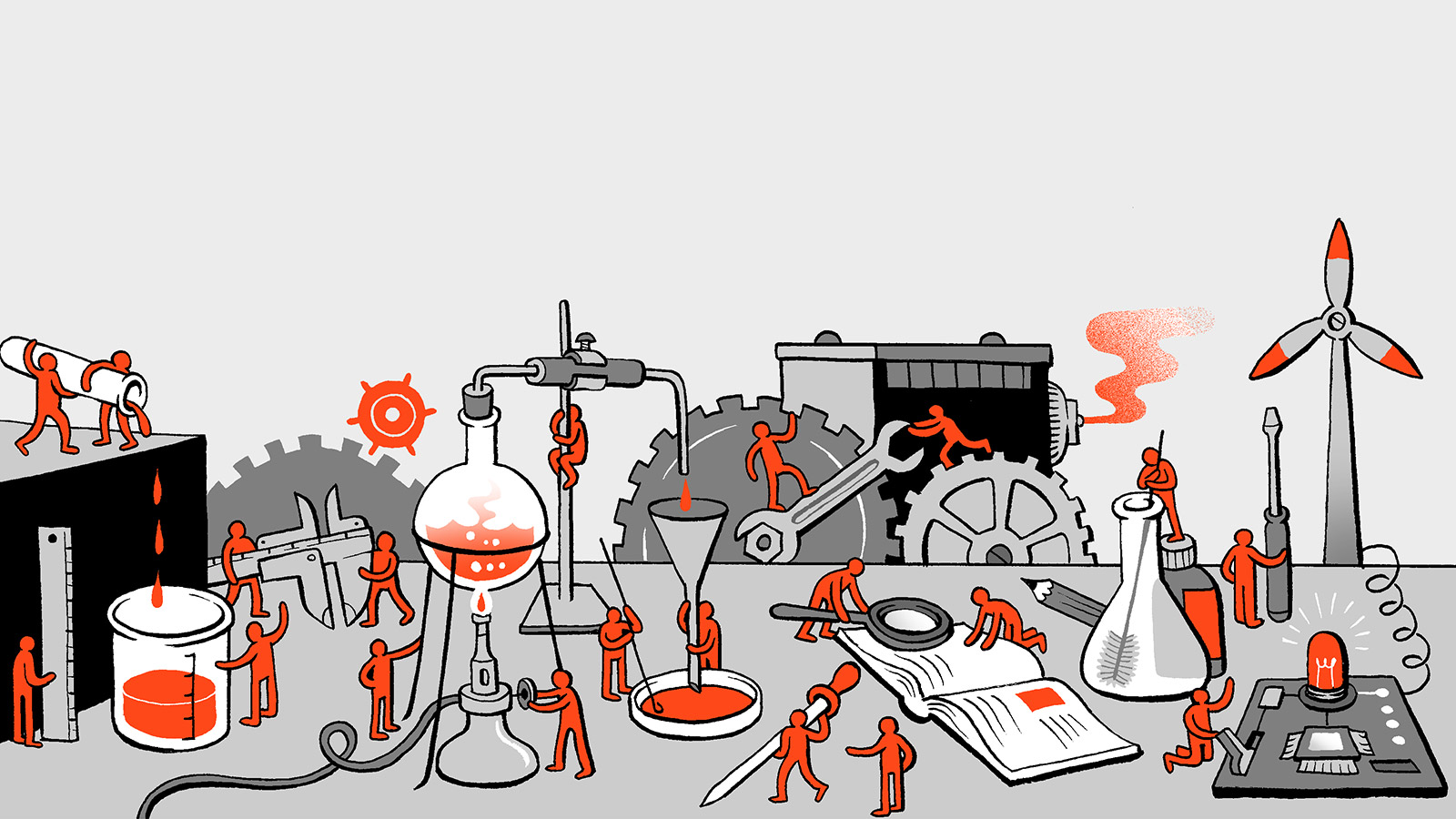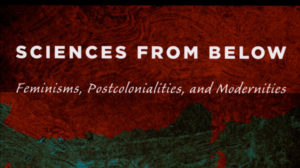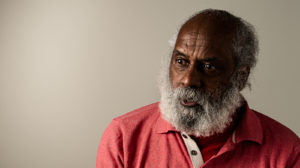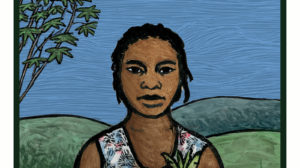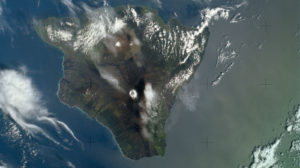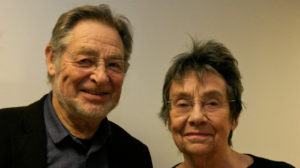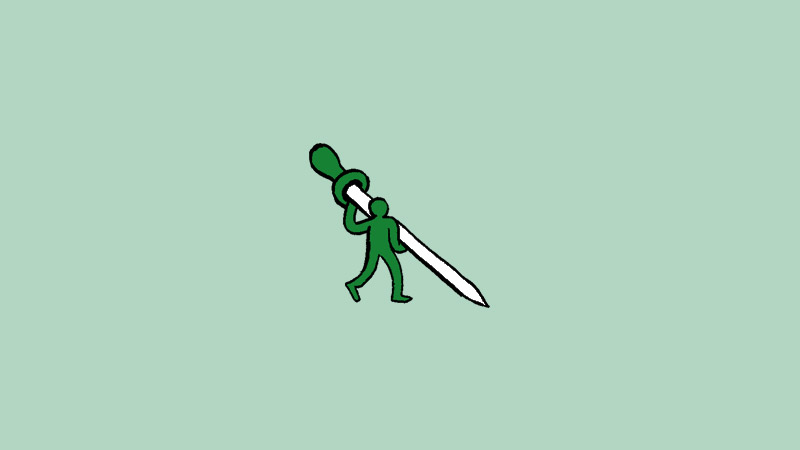Letter from the Editors Volume 23, number 1, Science Under Occupation History is full of stories of subjugation, oppression, and occupation—stories that have been rewritten, sanitized, or removed from mainstream narratives altogether. But...
Volume 23, number 1
Science Under Occupation
Spring 2020
Get Involved with SftP
Since 2014, activists across the United States and in Mexico have rebuilt the organization, which now has about a dozen active local chapters and numerous working groups that bring people in different locations together to work on specific...
Our magazine is run exclusively by volunteers. We devote our labor solely for the pursuit of a science and a society free from the shackles of capital! In keeping with our values, our magazine makes all of our content free and accessible...
We put out Call for Proposals for print or special issues frequently. Sign up to our newsletter for updates. Please also visit our special issue pages as some may be accepting articles on a rolling basis. Contributor Fees $250: Feature...


